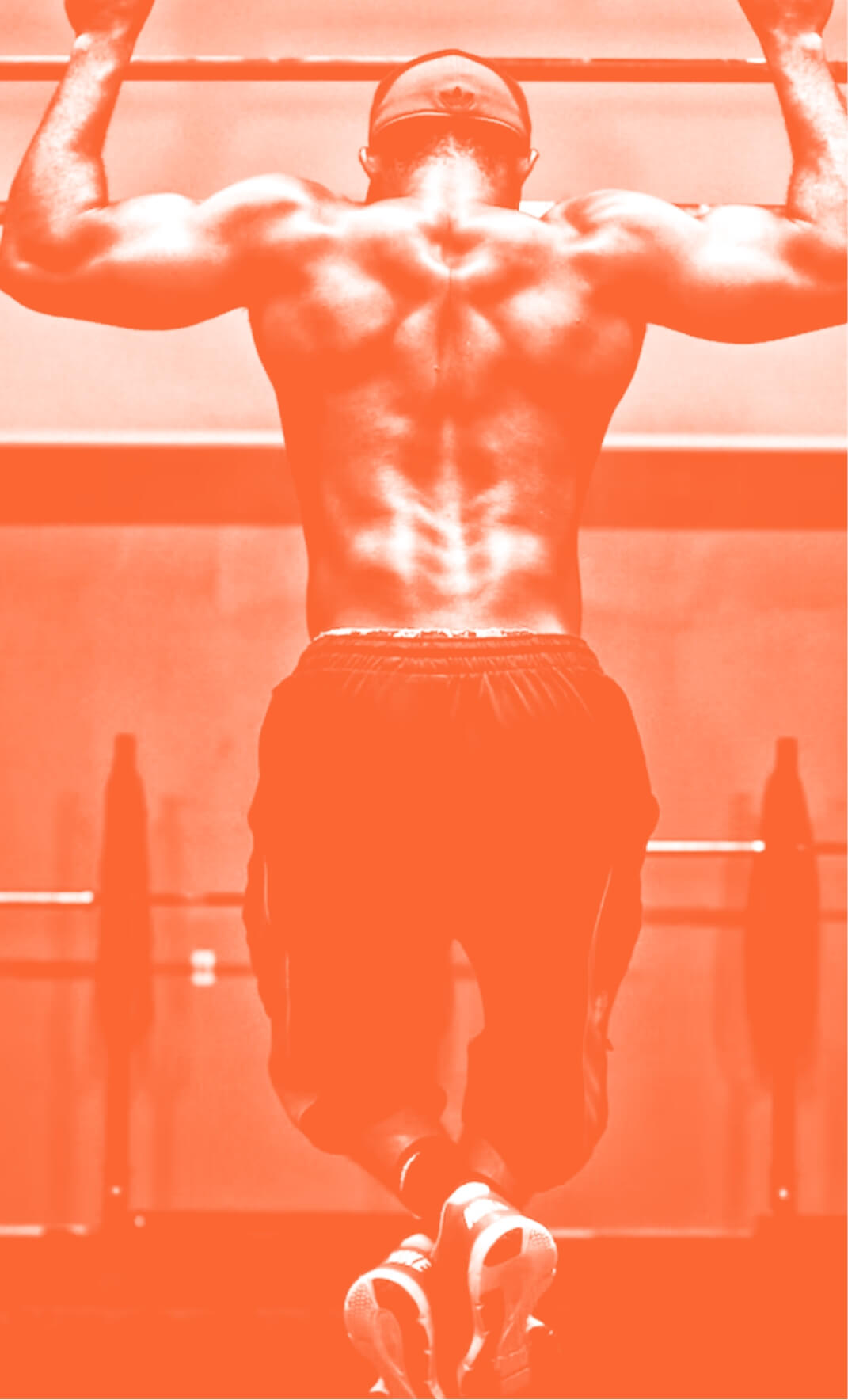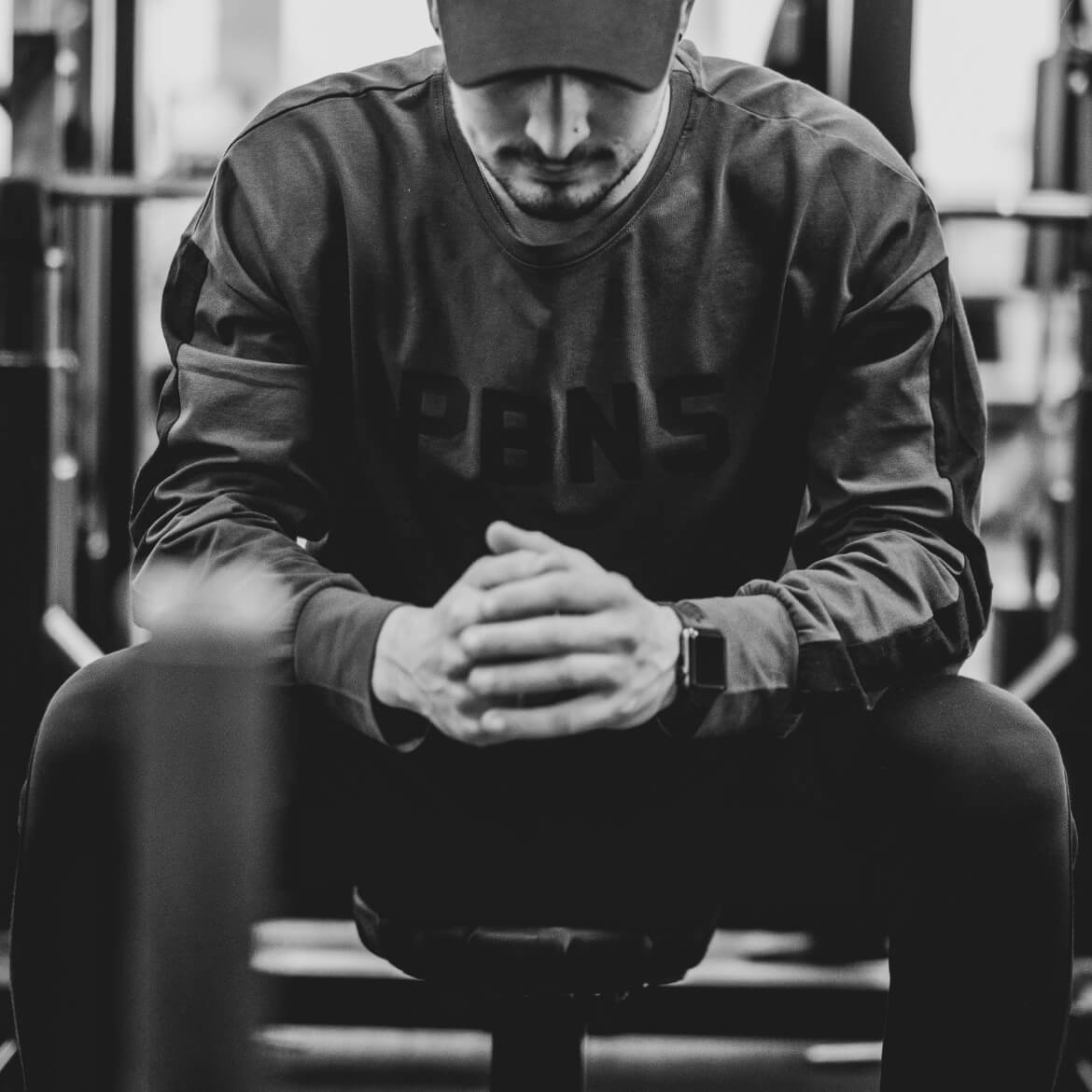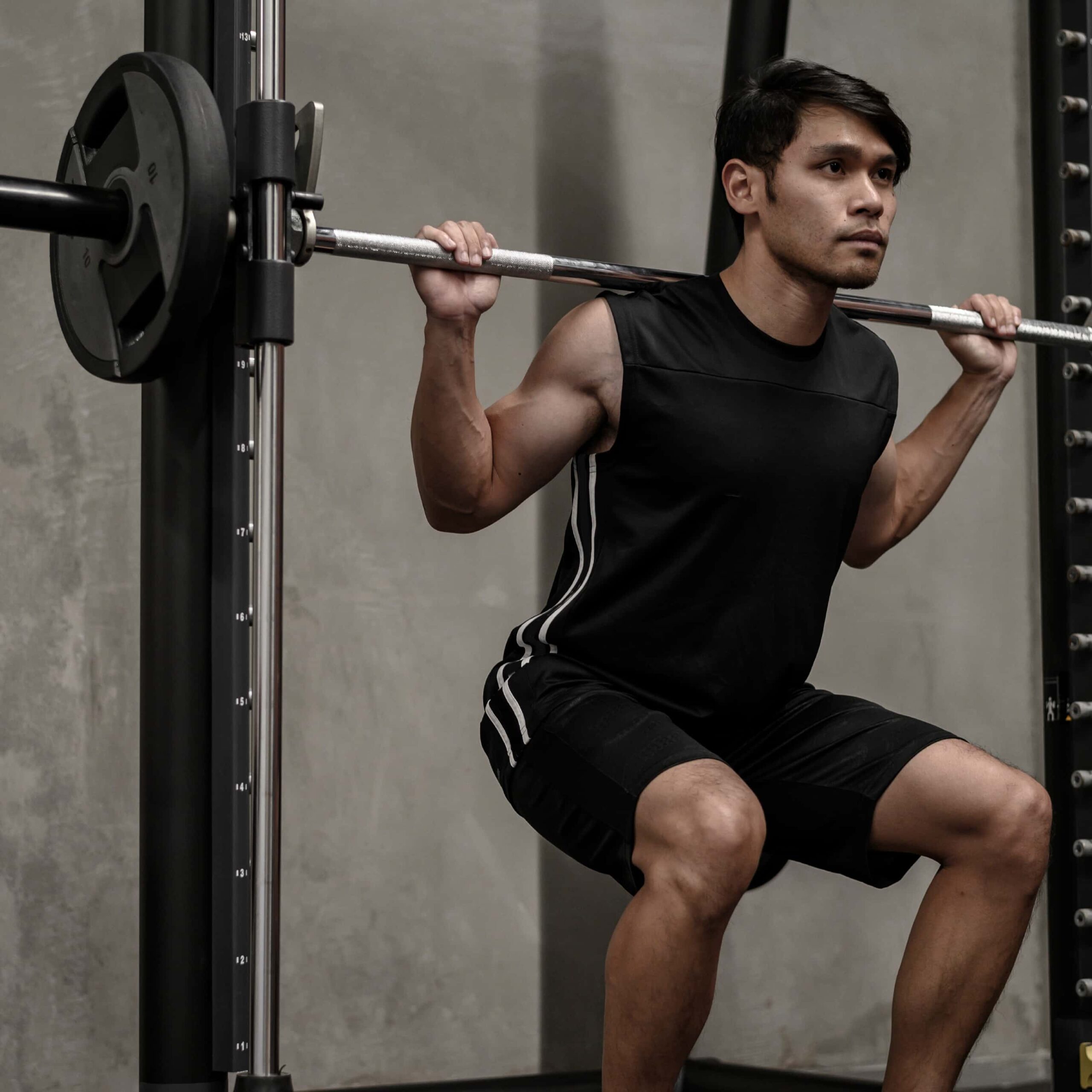How Exercise Can Help You Sleep Better
8th Apr 20
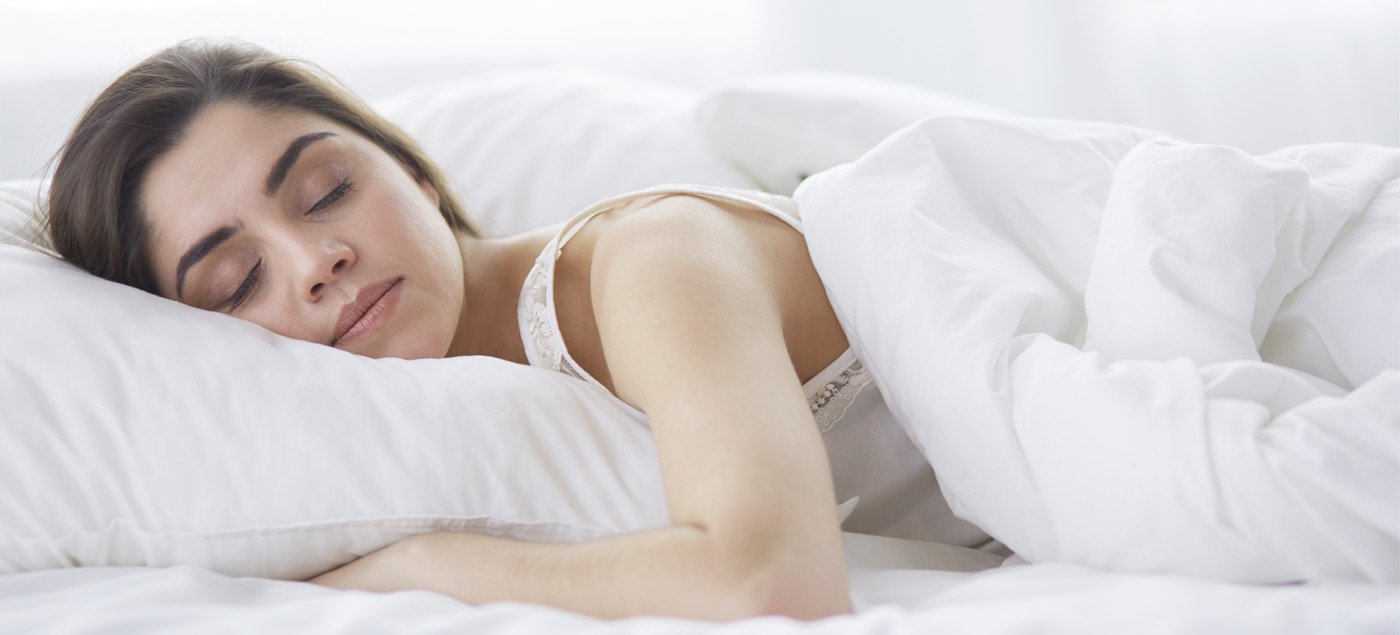
Sleep is a fascinating topic to look at when it comes to our health. It’s a pillar of mental and physical health, and it’s fundamentally important to our well-being. Too much sleep can cause just as many issues as not getting enough sleep, in fact. It’s a delicate balance that you really need to master, and it will likely be an ever-changing habit in your life. Different things work for different people, but it’s crucial that you find a sustainable way to make it work for you. That means that it’s absolutely worth noting that exercise can help you sleep better too.
To understand how, however, we need to break it out further. After all, this is a topic centred around physical and mental well-being, and exercise is fundamental to them both in many senses. A lack of sleep isn’t just bad for your fitness; it’s bad for the rest of your life too.
Let’s start by looking at how.
Want to move fast? Jump to the right section below.
Problems with Sleep Deprivation
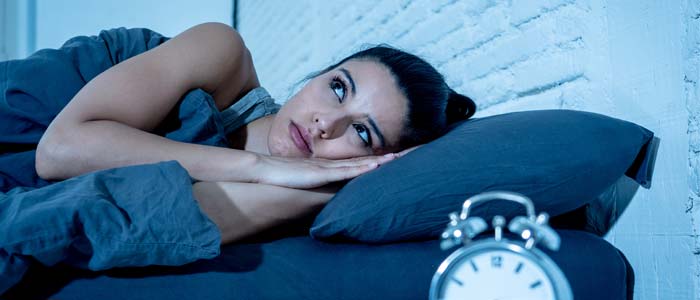
Before we jump straight into how exercise can help you sleep better, it’s a great idea to look at the problems that a lack of sleep causes. That’s the best way to understand the solutions that exercise poses as best we can.
Not getting enough sleep is seriously detrimental to every aspect of life, both in and out of your health. In addition, there is a range of issues that it causes, many of which you won’t even think of aside from just being tired.
Mentality
Not getting enough sleep is one of the easiest ways to completely ruin your own attitude without even realising it. The immediate effects of fatigue mean that you feel tired and have little energy or patience for anything in your day, and this is seriously problematic and very unproductive. It’s so easy to fix for most people, but sometimes you may not even know why the problem occurs as not sleeping becomes the norm.
Physical Issues
A lack of sleep doesn’t just affect your mood or thought process either. It causes physical issues as well as mental issues too. When you don’t get enough sleep, your body is not able to let your brain recharge to be back in its cognitive prime and keep you fresh and sharp. As a result, your response time will be slower, and your capacity to think quickly. Your muscles and even your digestive system will feel the brunt of the problem, too, as nothing has the downtime to be able to work as it’s supposed to. It’s surprising how much work your body does when you sleep!
Intake Control
Believe it or not, overeating during the day and the more well-known consuming too much caffeine can also be vast contributors to sleep issues. They can cause you all kinds of problems late at night, and they can be the very thing standing between you and getting a good night’s sleep. So you need to really watch what you’re consuming and when to deal with this one. However, the problem is that when you’re tired, it’s also easy to have low impulse control and find yourself consuming excess calories and caffeine to help perk you up. This creates a vicious circle which you don’t want to be a part of.
How Exercise Solves Sleeping Issues
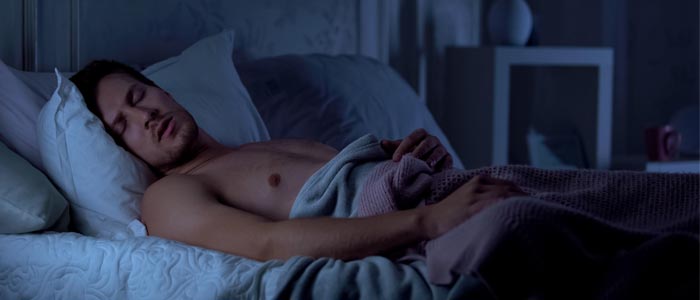
It’s important to remember, though, that there’s always something that can be done to help your sleeping situation, and exercising is just one of the many things that can be an incredible way to do it.
Again, it’s not just a physical remedy to the issue either. Exercise has a big impact on mental well-being and still provides a great way to help you feel more tired and use your energy better as well, but it’s more complex than it sounds.
Positive Chemical Release
Firstly, exercise releases endorphins when you do it. These are the feel-good chemicals that can completely change your attitude and your outlook on life. So you are forcing yourself to feel happier. Not only that, but exercise also helps a lot of people to be able to manage a lot of different things that are happening in their lives at the same time, so it’s a proven way to help manage stress and anxiety. Both of these things are huge contributors to not being able to sleep at night and having an overactive mind, so it’s a direct way that exercise can help you sleep.
Sleep Quality Improvements
Exercising means that your sleep quality is increased. There are a few different ways this happens, with the main being that exercising is causing you to use up a lot of your energy. Logic dictates that this actually results in your feeling more tired when it gets later in the day, and you’ll find yourself actively wanting more sleep as well as needing it. As a result, you’ll sleep for longer amounts of time without waking yourself due to higher demand, making sleep in general better. You’ll also have a greater duration spent in deep sleep rather than some of the more common sleep phases, giving your overall sleep quality a huge boost.
Energy Usage
As we said above, during the day, you may find that you’re overeating, especially closer to bedtime, or that you’ve had a little too much caffeine during the day, which is keeping you awake. So exercising actually means that you’re burning off a lot of the energy you’re intaking from additional food to jump this hurdle. On top of that, it gives you a natural boost of energy anyway, which means that you don’t need to be consuming as much caffeine throughout the day to keep you feeling awake!
Ultimately, exercise is a great thing yet again. More arguments suggest that exercise can help you sleep than just these, too. These are some of the most applicable to everyone. Sleeping and exercising work together in unison and make each other much more effective and efficient processes that will get you feeling better and improve your physical health in no time. Exercise is just as important to sleeping as sleeping is to exercise!

Before beginning any exercise or nutrition program, consult your physician, doctor or other professional. This is especially important for individuals over the age of 35 or persons with pre-existing health problems. Exercise.co.uk assumes no responsibility for personal injury or property damage sustained using our advice.
If you experience dizziness, nausea, chest pain, or any other abnormal symptoms, stop the workout at once and consult a physician or doctor immediately.

